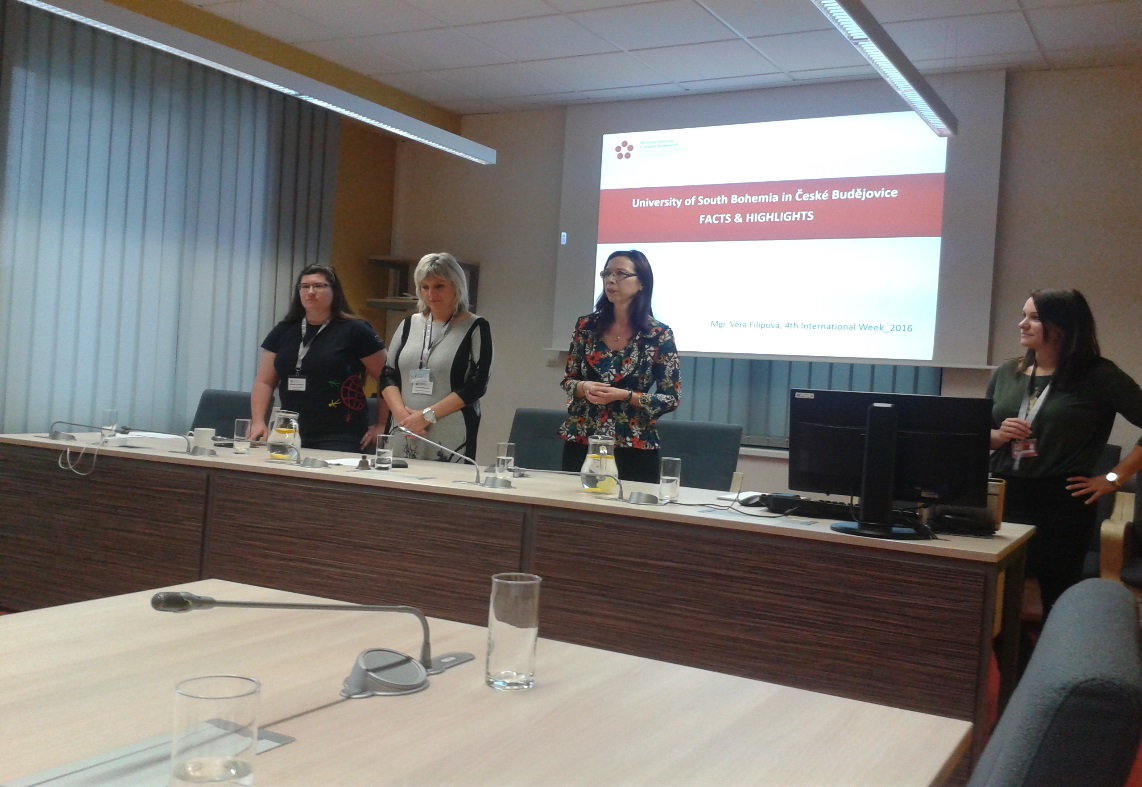
We live to communicate. Thanks to the current innovation in ICTs, our modern society conceives as deviant the individual who does not care at all about things such as the Internet, social networks or messaging applications.
Whoever likes it likes it, we are slaves to Whatsapp, Telegram or Signal, which have a leading role in our daily lives similar to that of toilet paper.
For this reason, and understanding that its use is daily and that it serves as a window to share how much information we have, it is not surprising that we worry about what will be the most secure option.
WHATSAPP IS THE MOST POPULAR, BUT NOT THE MOST SAFE
We know that applications like WhatsApp or Telegram currently boast of being unbreakable due to their end-to-end encryption protocol, which prevents a third party from accessing your private conversations. Certainly, although with their clear differences, each one has a similar version. This is stated by Manuel Sánchez Rubio, a doctor in Computer Engineering and a specialist in security and obtaining information on social networks.
However, Sánchez Rubio himself affirms that the “security” problem is not exactly there, where the big companies want us to look.
To understand it better, it is enough to reflect a little about the new privacy policies implemented by WhatsApp and that came into force as of May 15, 2022. Outside of users located in the European Union, all those who currently use WhatsApp, they do so having agreed to the platform sharing their data and information with their parent company. A track. His name starts with F (or M?), and he loves blue.
This only deepens the distrust that many had already felt in 2014, when Facebook decided to buy WhatsApp and make it part of its social network ecosystem porno français. In response, more conscientious users decided to move to alternatives like Telegram, which currently have these and many other features.
WHAT ABOUT TELEGRAM?
Before talking about any function that Telegram may or may not have to provide a more friendly or secure user experience, let’s remember one thing: it is an application behind which, like any other, there is a company trying to profit. Therefore, we must assume that, if they do not take your money, they take something equal or more valuable from you, in exchange for an efficient, playful and free service.
I think we know what it is: information. It is not unreasonable or conspiracy to think so. We talk about facts.
According to Sánchez Rubio, we have maximized the interest, use and attention that we put into social networks, and now we see the consequence of it. Faced with the latent need to “want to be part” of “what is happening in the world (Internet)”, we decided to ignore the fact that there are those who silently spy on us.

From his perspective, Sánchez Rubio condemns modern society for its optimism in the face of these platforms. A naivete where we let ourselves be fooled by the ludic, and we forget the densest implications, the problems that nobody wants to worry about.
So, to wrap up the question: what is the most secure messaging app? The answer is simple: none. They are all just as safe and just as dangerous, because releasing your information into the vast data network that the internet connects already leaves you exposed.
Faced with this, Sánchez Rubio suggests an efficient and much-needed digital education as an alternative, especially in the use of technology at a young age. Only then, he wants to think, can we be (or at least feel) a little safer in this digital world.
Related Posts
- LESS TECHNOLOGY IS GIVING DRIVERS FEWER HEADACHES
- PASSIVITY IN THE WORKPLACE
- SPEECH RECOGNITION HEADS TO PORTABLE MEDIA PLAYERS

